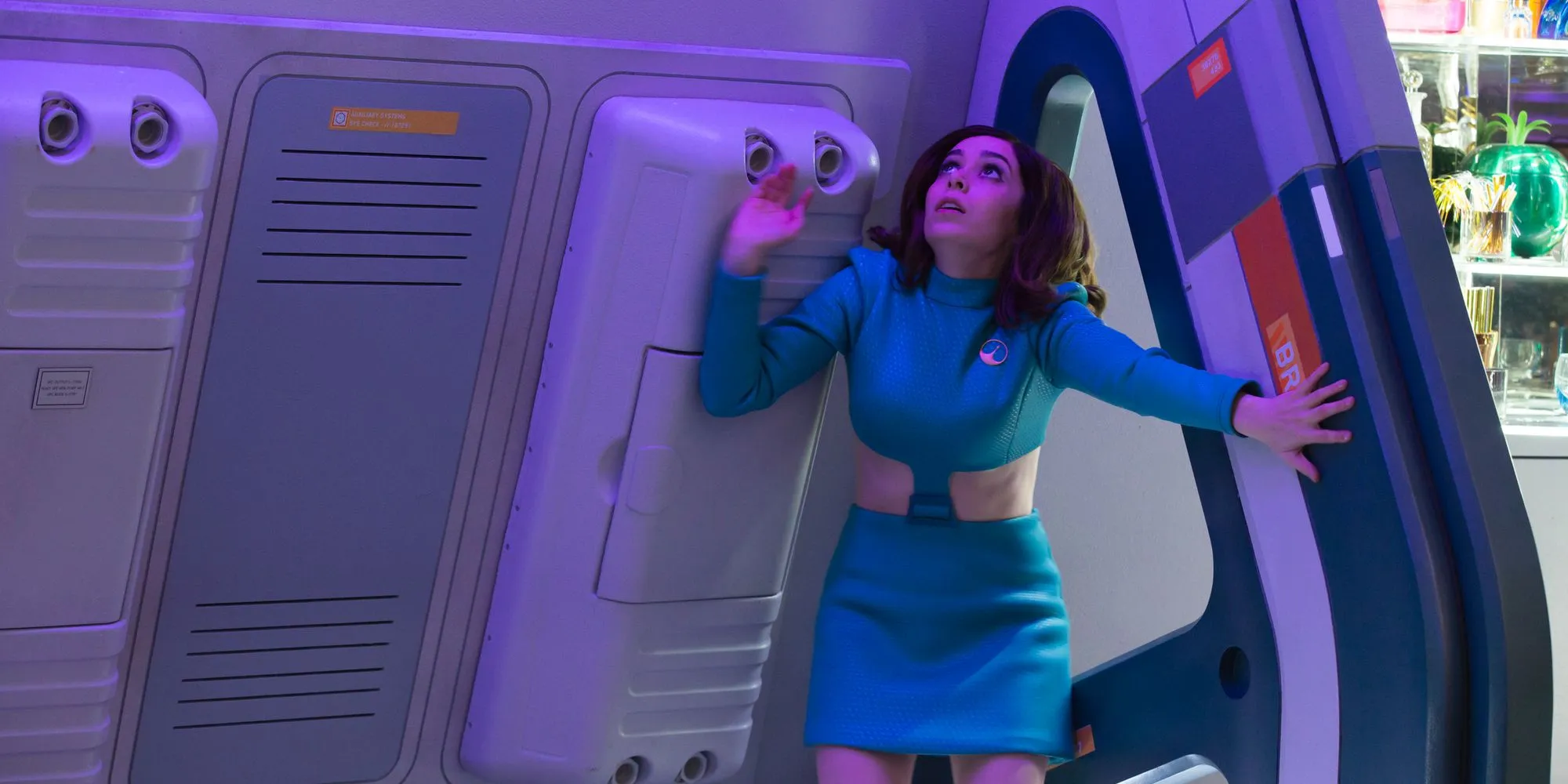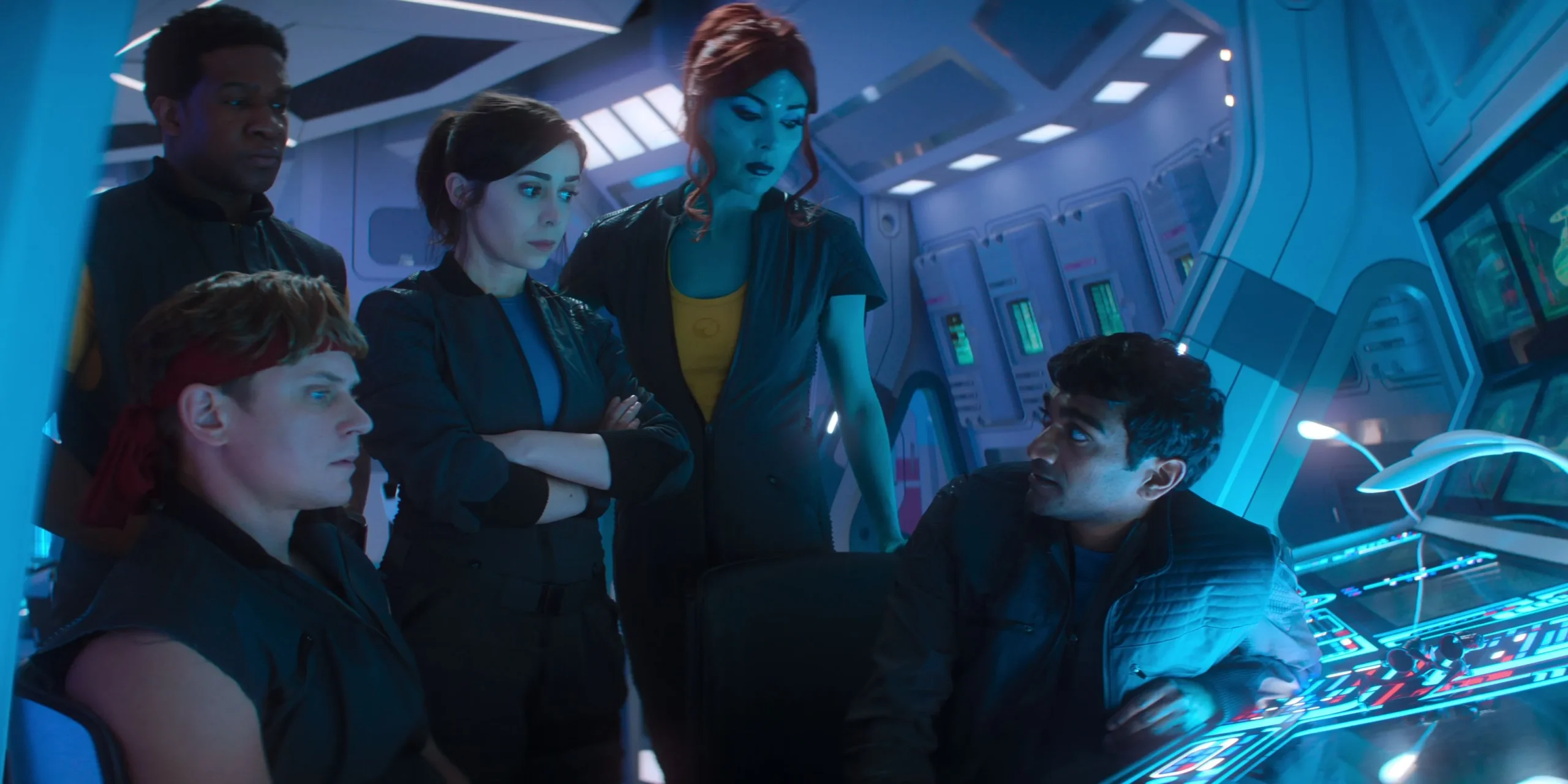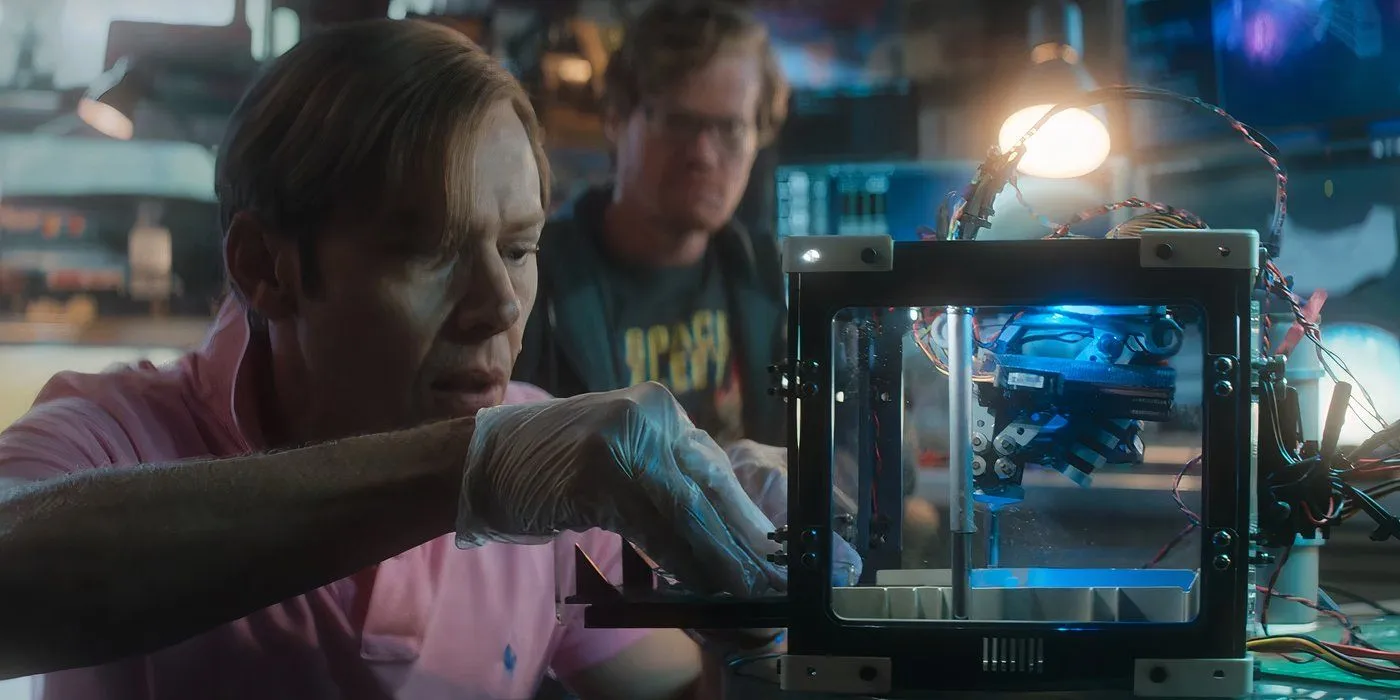Warning: This article contains spoilers for the Black Mirror episode “USS Callister: Into Infinity.”
The Complex Ending of “USS Callister: Into Infinity”
Black Mirror star Cristin Milioti recently shared her thoughts on the surprising conclusion of “USS Callister: Into Infinity.”Initially introduced in Season 4’s “USS Callister,”her character, Nanette Cole, rises against the oppressive control of Robert Daly (played by Jesse Plemons), ultimately liberating herself and the digital copies of his coworkers. However, the latest episode explores the aftermath of this rebellion, concluding with Nanette transferring her digital essence into her comatose physical body. To her shock, she discovers that the USS Callister crew now inhabits her mind.
Reflections on a Grimly Happy Ending
In a roundtable discussion featured by ScreenRant, Milioti contemplated whether the ending qualifies as a happy one for Nanette. While she acknowledges that the characters are free from immediate danger, she emphasizes that their new situation is equally disturbing. Despite achieving liberation, they are trapped within someone else’s reality, that of an individual whose moral integrity has been significantly eroded.
What I like about this ending, just in terms of my own taste of what I watch—and I think this is what’s really great about what Charlie makes—is that you could say it’s kind of happy. It’s just the circumstances are so completely different, and I hope that it makes you feel uneasy. Their lives aren’t at risk. But do you want to live like that? Do you want to live trapped in one room, having to see someone go to the bathroom every day?
They still have no agency, and then she now has this thing that could also drive you crazy. She doesn’t seem super motivated to get them out of there anymore, and what does that mean? And also, how does this person who’s now had the trauma of two different people in their body walk through the world? I like that it’s kind of creepy and twisted, for lack of better terms.
We haven’t had any discussions about a third as of now. I really trust [Charlie Brooker’s] brain, and I don’t think I have thought that far ahead about what the scenario would have to be. I’m always interested in what I think he explores in both of these episodes of how power corrupts people. You can’t have power without being corrupted in some way. And what that would mean for someone who has had such a strong moral compass, who then gets a taste of getting to control people. I don’t know. There’s a lot that could go many, many different ways. That would be very interesting, but I don’t have a set thing.
The Significance of the Ending in Context
Reflecting Black Mirror’s Themes

The finale of “USS Callister: Into Infinity”might initially convey a sense of triumph, as our heroine overcomes the antagonist and escapes into a new digital existence. Yet, as Milioti rightly points out, the reality is perhaps more sinister. The crew members have not truly gained freedom; they continue to exist in a confined space without agency, while Nanette now manages multiple conflicting voices within her psyche. This premise resonates with the quintessentially dark narrative style of Black Mirror, where liberating endings can often carry hidden costs.
Exploring Future Possibilities for the USS Callister Storyline
Should a Third Episode Be on the Horizon?





Although “Infinity”and its villains may have come to a close, the door remains open for delving into how Nanette copes with the USS Callister crew now residing in her mind. While the ambiguity fits the trademark style of Black Mirror, the narrative could easily explore darker themes as Nanette navigates her new reality. Feedback on “USS Callister: Into Infinity”has been positive, though many fans continue to express their desire for a sequel to the iconic “San Junipero.”Thus, pursuing a follow-up to that storyline might be more appealing before revisiting the USS Callister saga.


